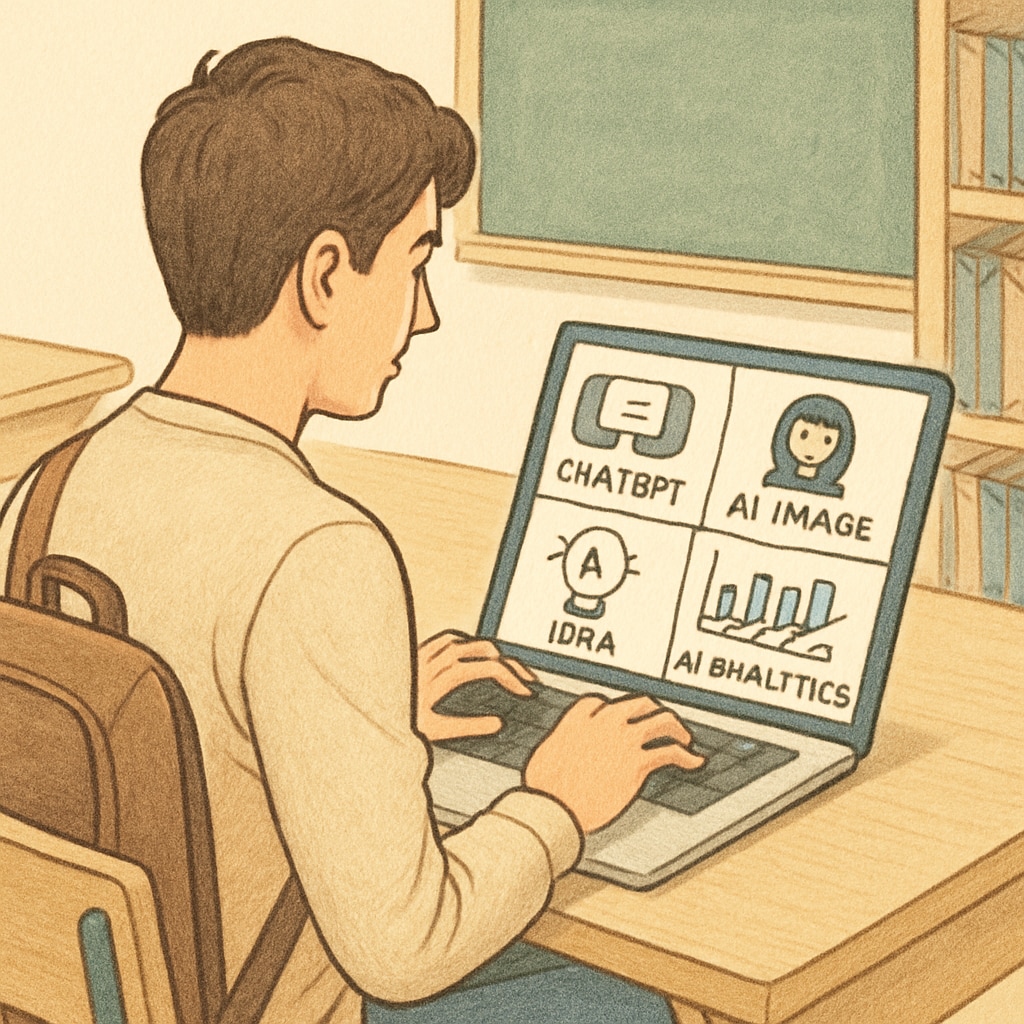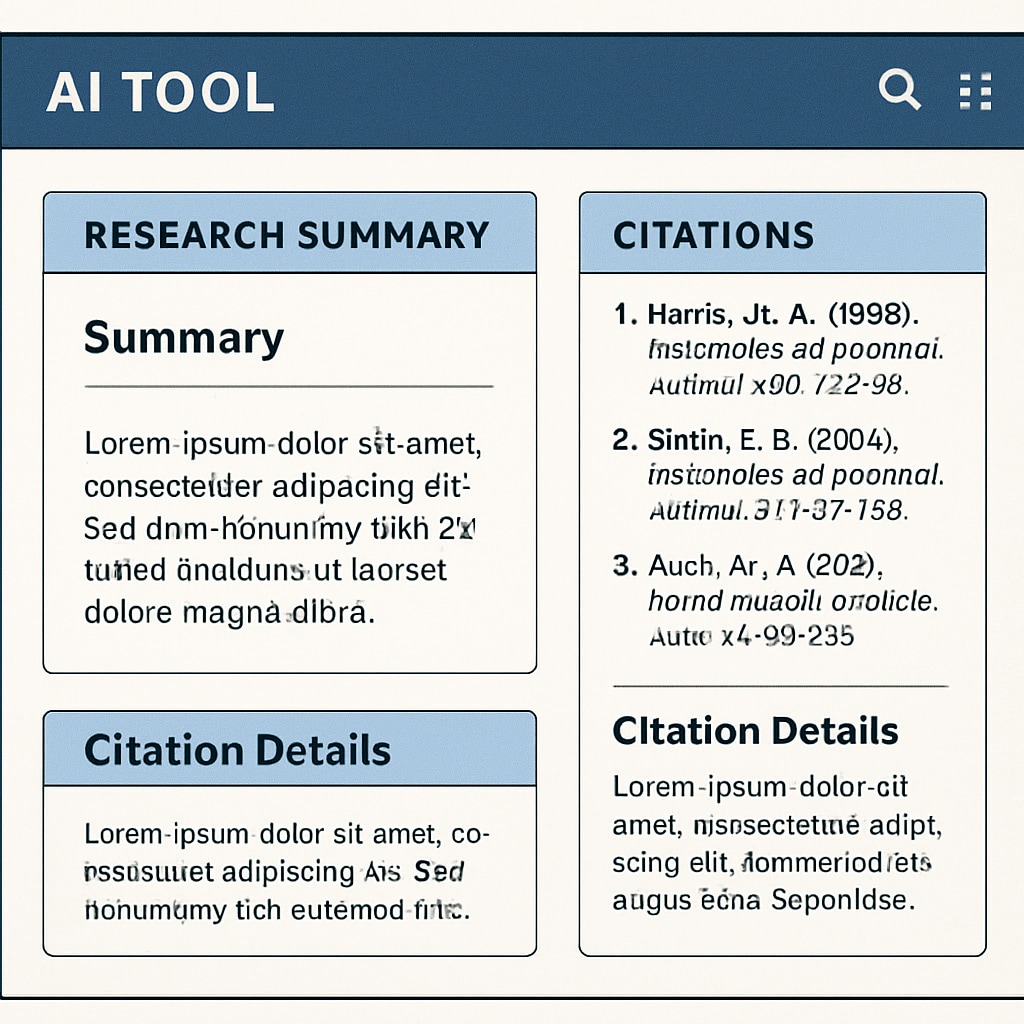In today’s tech-driven academic world, AI subscriptions such as ChatGPT Plus, Perplexity Pro, and Claude Pro are becoming invaluable tools for university students. These digital companions offer tailored academic help, from generating essay drafts to solving complex questions. In this article, we dive into how a group of roommates utilized these AI tools to enhance their academic performance, exploring the unique strengths of each service.
Why AI Subscriptions Are Revolutionizing Academic Support
AI subscription services are increasingly common in education, providing students with personalized, on-demand assistance. Tools like ChatGPT Plus, Perplexity Pro, and Claude Pro can analyze large amounts of data, offer critical insights, and simplify complex concepts. For example, university students often struggle with time management, and these tools can help by speeding up tasks like research, planning, and drafting. But how do these tools differ, and which one is right for you?

ChatGPT Plus: The Creative Problem-Solver
ChatGPT Plus, powered by OpenAI, is one of the most popular AI tools among students. It excels at generating high-quality text content, brainstorming unique ideas, and answering open-ended questions. For instance, one of the roommates, Alex, used ChatGPT Plus to draft an essay on climate change. The tool provided a well-structured outline, relevant examples, and even suggestions for citations. This feature saved Alex hours of research and gave him a strong foundation for his final draft.
Additionally, ChatGPT Plus is great for creative projects. Whether you’re writing a poem for a literature course or need help crafting a compelling argument, its creativity knows no bounds. However, it’s worth noting that it may occasionally provide overly broad answers, which require further refinement.
Perplexity Pro: The Research Specialist
Perplexity Pro sets itself apart as a research-oriented AI. It is particularly useful for fact-checking and sourcing reliable information quickly. Another roommate, Sarah, relied on Perplexity Pro for her biology assignment. The tool not only provided concise explanations but also referenced credible sources, such as peer-reviewed journals and academic databases, making it easy for her to back up her arguments.
Perplexity Pro is a fantastic choice for students who need to dive deep into technical or scientific subjects. It also provides contextually accurate answers, which is crucial for avoiding misinformation. However, it may not be as strong in generating creative content as ChatGPT Plus.

Claude Pro: The Analytical Thinker
Claude Pro, developed by Anthropic, is designed to process and analyze large volumes of text efficiently. It’s perfect for students tackling extensive readings or working on data-driven projects. Mark, the third roommate, found Claude Pro invaluable for analyzing a dense philosophical text. The AI summarized key arguments, highlighted contradictions, and even suggested questions for class discussions.
Another strength of Claude Pro is its ability to handle complex problem-solving tasks, such as coding or statistical analysis. While it may lack the conversational fluency of ChatGPT Plus or the research focus of Perplexity Pro, its analytical capabilities are unmatched.
Which AI Subscription Should You Choose?
The choice ultimately depends on your academic needs. Here’s a quick comparison:
- ChatGPT Plus: Best for creative writing, essay drafting, and brainstorming ideas.
- Perplexity Pro: Ideal for in-depth research, fact-checking, and sourcing credible information.
- Claude Pro: Perfect for analyzing dense texts, solving complex problems, and managing data-driven tasks.
For students juggling multiple disciplines, a combination of these tools can offer the most comprehensive support. For example, you might use Perplexity Pro for research, ChatGPT Plus for drafting, and Claude Pro for analytical tasks.
Conclusion: Embracing the Future of Learning
AI subscription services like ChatGPT Plus, Perplexity Pro, and Claude Pro are transforming the way university students learn. By understanding their unique strengths and applications, students can leverage these tools to save time, enhance their understanding, and achieve better grades. So why not make one of these AI tools your new study partner? After all, the future of learning is here.
For further reading on AI technologies in education, consider exploring educational technology on Wikipedia or artificial intelligence on Britannica.


